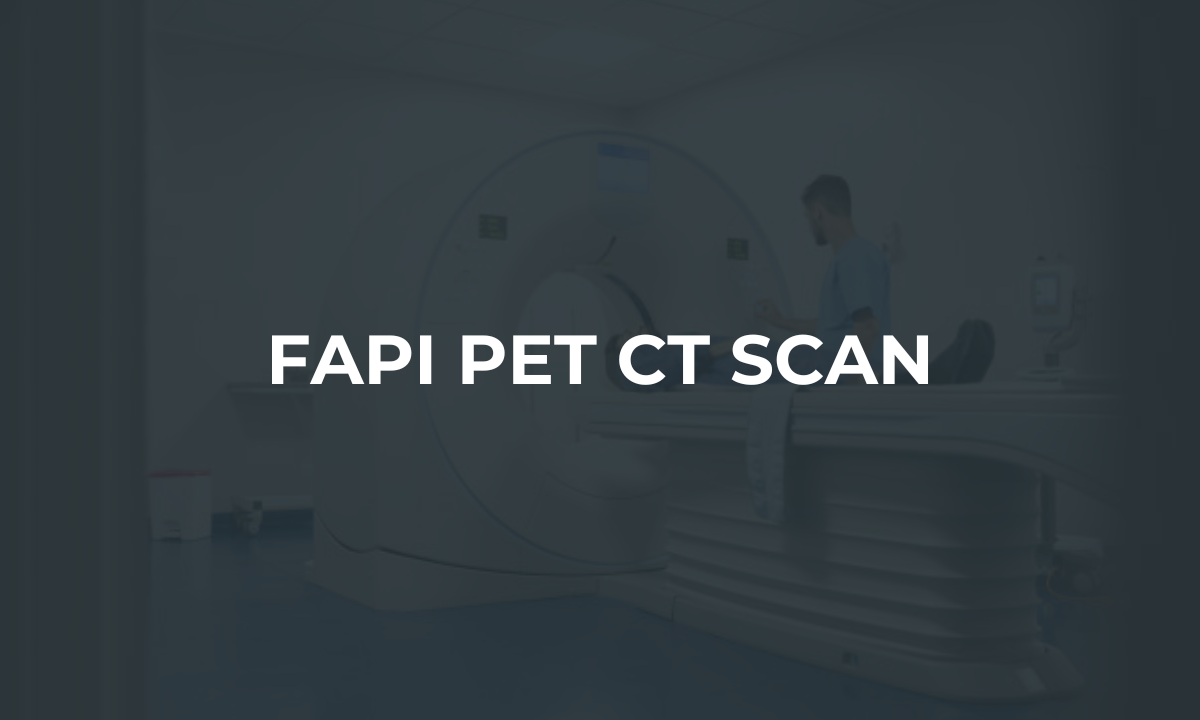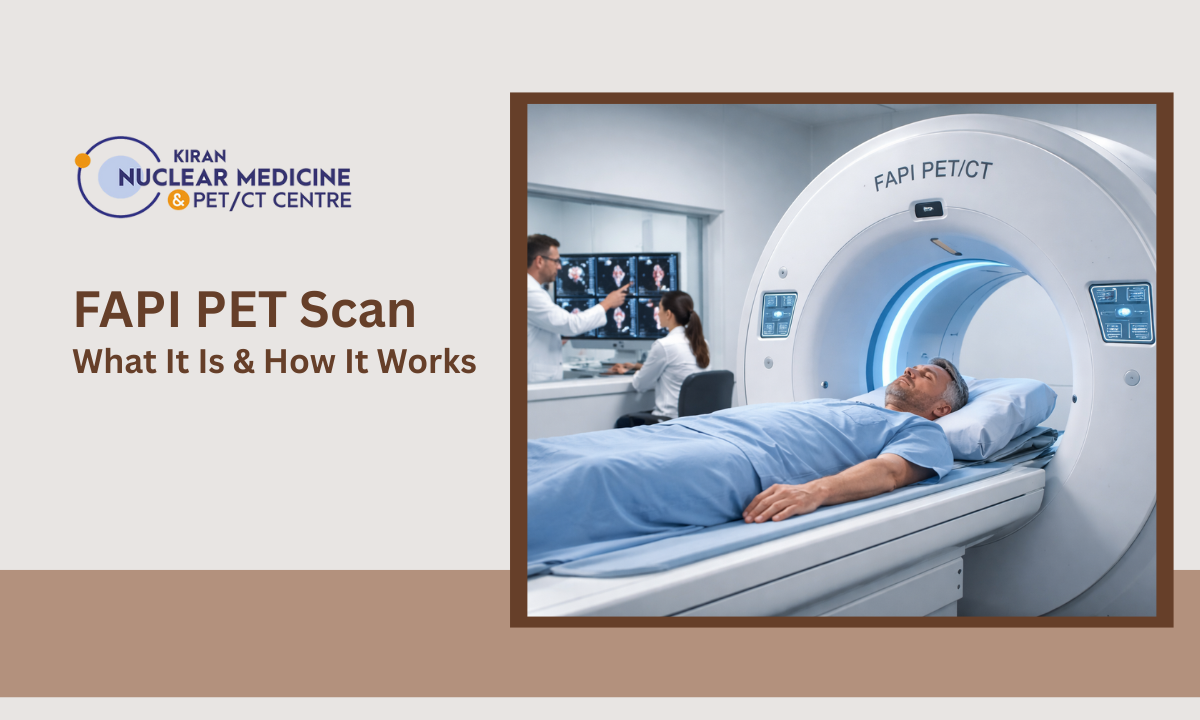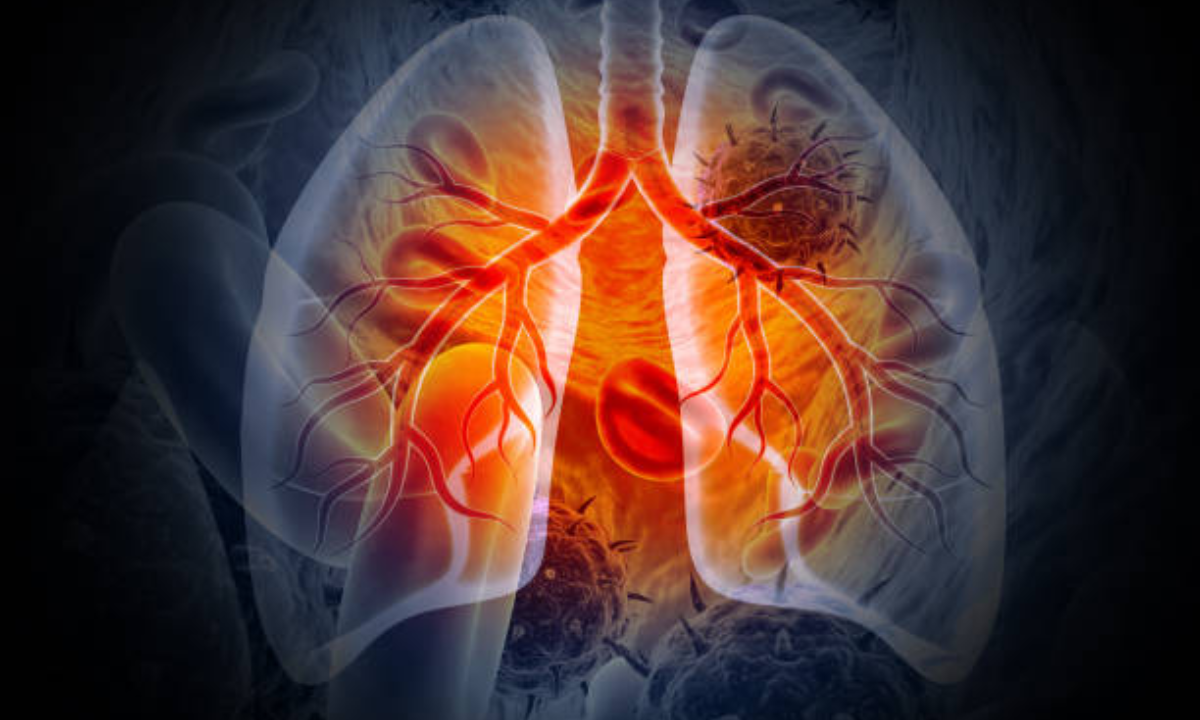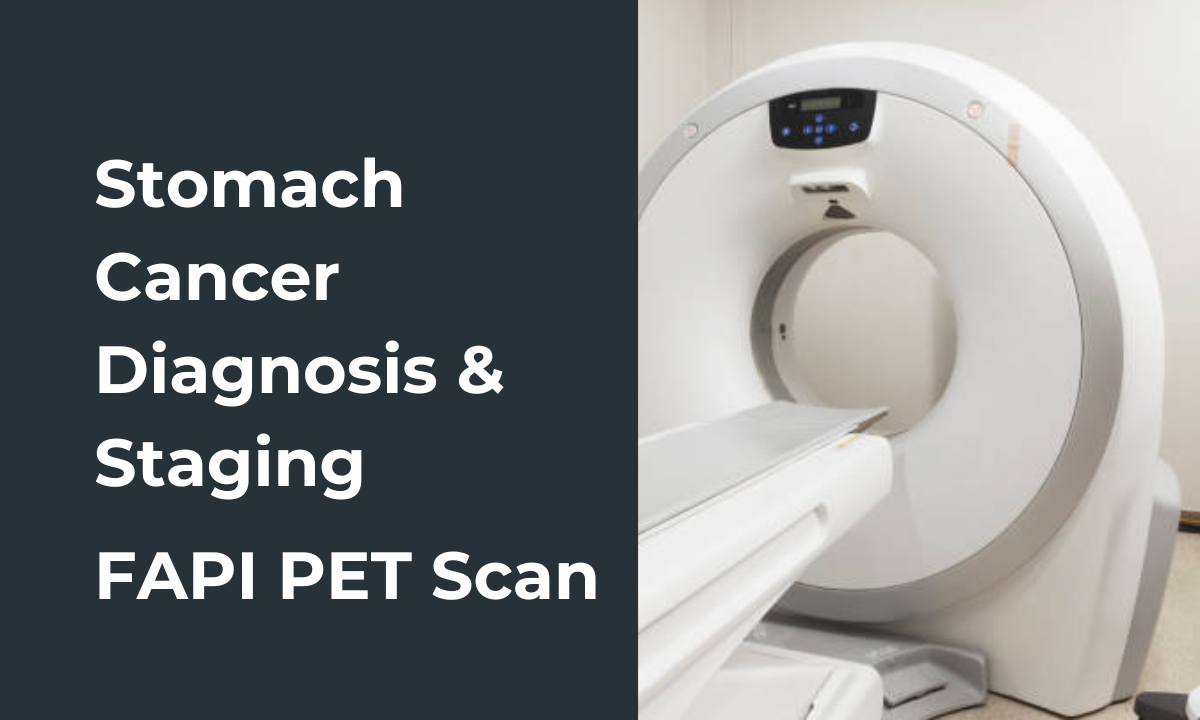Cancer detection and accurate staging are pivotal in developing an effective treatment plan. Traditional imaging techniques, while useful, often face limitations in identifying the early and nuanced markers of cancer. However, Fibroblast Activation Protein Inhibitor (FAPI) PET/CT scans have emerged as a game-changer in oncology, enabling high precision in identifying cancerous tissues and accurately determining the cancer stage.
FAPI PET/CT scans are a cutting-edge diagnostic tool that significantly improves cancer detection and staging accuracy. Unlike traditional PET/CT scans that rely on glucose-based tracers, FAPI scans target fibroblast activation proteins, which are abundant in many cancers. This innovative method not only enhances detection precision but also minimizes false positives, allowing for more tailored treatment plans. In Bangalore, patients have access to this advanced technology, which could be transformative in cancer treatment strategies.
Understanding FAPI and Its Role in Cancer Detection
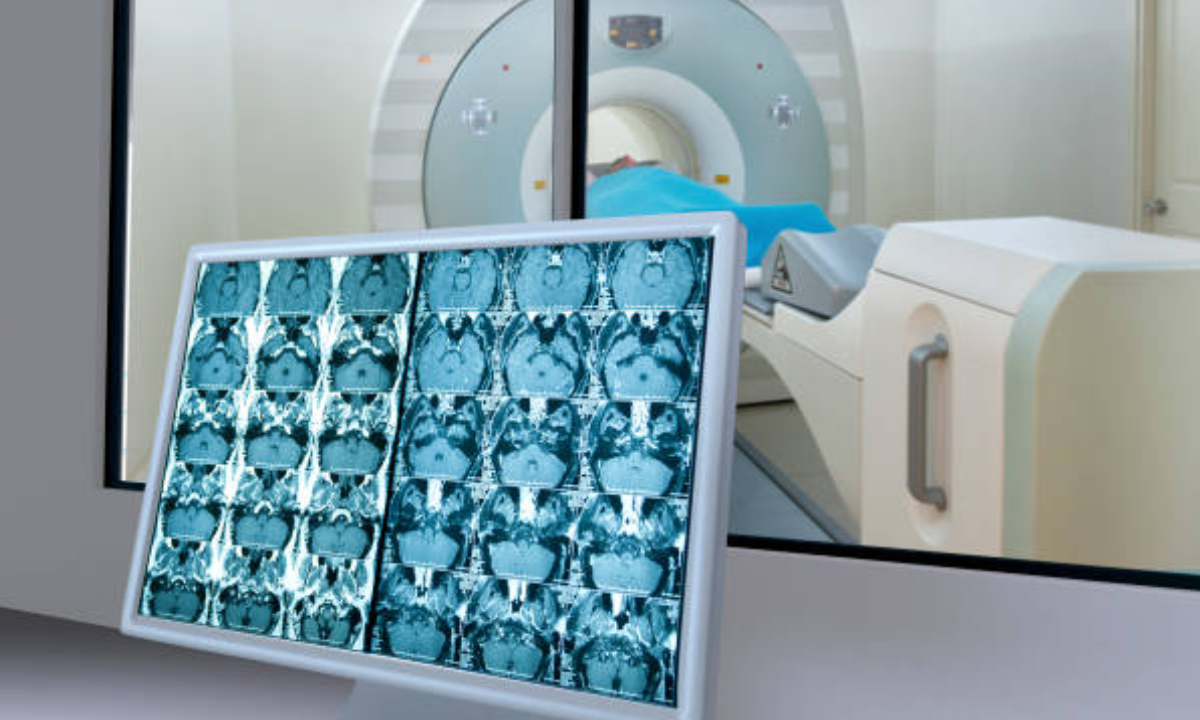
What is FAPI?:
Fibroblast Activation Protein (FAP) is a protein found in high amounts in cancer-associated fibroblasts but is limited in normal tissues. FAPI is a compound that binds to FAP, making it visible on imaging scans.
Why does FAPI matter?
Cancer cells often rely on the surrounding fibroblasts to grow and spread. FAPI targets these proteins specifically, helping to identify cancer cells and related tissue that are otherwise challenging to detect.
How FAPI PET/CT Scans Differ from Standard PET/CT Scans
Standard PET/CT Approach: Traditional PET/CT scans generally use glucose-based tracers to detect metabolically active cells, relying on the premise that cancer cells consume more glucose than normal cells.
Enhanced Specificity with FAPI: FAPI PET/CT scans, on the other hand, focus on FAPs. Since FAPs are present in high amounts in cancerous tissue but minimal in healthy tissues, FAPI scans offer more accurate cancer detection without being misled by non-cancerous, metabolically active cells.
Benefits of FAPI PET/CT Scans in Cancer Detection
Higher Accuracy: FAPI PET/CT scans can detect cancers with greater sensitivity and specificity compared to conventional imaging methods.
Reduced False Positives: Because FAPI binds specifically to cancer-related fibroblasts, false positives from non-cancerous high metabolic activity are reduced.
Early Detection Capabilities: FAPI scans can detect smaller tumors and early-stage cancers that may go undetected with glucose-based tracers.
Improved Staging and Treatment Planning
Precise Staging: FAPI PET/CT scans help accurately stage cancer by visualizing the extent of cancer spread, including local and distant metastases.
Tailored Treatment Plans: Accurate staging is crucial for developing a personalized treatment plan, whether surgery, radiation, or chemotherapy. With FAPI scans, oncologists can make better-informed decisions.
Monitoring Treatment Response: FAPI PET/CT scans are also useful in monitoring how well a patient is responding to therapy, making adjustments to treatment plans more effective.
Types of Cancers Diagnosed Using FAPI PET/CT Scans
Head and Neck Cancers: FAPI PET/CT scans help in pinpointing complex cancerous growths within intricate tissue areas.
Breast Cancer: FAPI PET/CT provides high sensitivity in detecting primary and secondary breast cancer lesions.
Pancreatic and Liver Cancer: Known for their challenging early detection, pancreatic and liver cancers can be visualized more clearly with FAPI tracers.
Sarcomas and Gastrointestinal Cancers: These cancers benefit from the enhanced tumor detection capabilities of FAPI PET/CT scans.
FAPI PET/CT Scans vs. FDG PET/CT Scans: Key Differences
Tracer Type: FDG (fluorodeoxyglucose) tracers are glucose-based, while FAPI tracers are protein-based, improving specificity for cancer cells.
Detection Capabilities: FAPI tracers highlight cancer-associated fibroblasts rather than glucose consumption, making them effective for cancers that do not show up well on FDG PET/CT scans.
Reduced Radiation Exposure: FAPI PET/CT may sometimes reduce the required radiation dose, although this depends on the specific case and imaging protocols.
Advantages of FAPI PET/CT Scan Availability
Advanced Diagnostic Services: FAPI PET/CT scans represent state-of-the-art technology, offering patients in Bangalore access to one of the most precise cancer detection tools available.
Enhanced Medical Infrastructure: With hospitals in Bangalore investing in FAPI PET/CT capabilities, patients benefit from faster, more accurate diagnostic services, leading to better treatment outcomes.
Lower Travel Burden: Access to FAPI scans locally means that patients need not travel to distant locations, making the treatment journey more convenient and less stressful.
Steps Involved in a FAPI PET/CT Scan
Preparation: Patients may need to fast for a few hours before the scan to prepare the body for imaging.
Tracer Injection: A small dose of FAPI tracer is injected intravenously, which then circulates through the body and binds to fibroblast activation proteins.
Imaging Process: The patient lies on a scanner table while the PET/CT machine captures detailed images, which are then analyzed by oncologists and radiologists.
Result Analysis: The scan images help oncologists interpret the extent and location of cancerous cells, supporting a clear diagnosis and staging.
Limitations and Considerations
Accessibility and Cost: While FAPI PET/CT scans are increasingly available in top-tier hospitals, they may still be costly and less accessible in smaller healthcare facilities.
Limited Availability of Research: FAPI PET/CT technology is relatively new, and while it shows promising results, ongoing studies are essential for understanding its full potential and limitations.
What to Look for in a PET/CT Scan Facility
Expert Radiology Team: An experienced radiology team can help in accurate imaging and diagnosis.
Up-to-date Technology: Ensure the facility offers modern imaging technology, including FAPI PET/CT scans.
Integrated Oncology Services: Facilities that provide comprehensive cancer care, from diagnostics to treatment, can help streamline the patient experience.
Future of FAPI PET/CT in Cancer Management
Research and Innovation: Continued research on FAPI PET/CT technology promises advancements in tracer development, detection accuracy, and cancer management strategies.
Expansion of Applications: FAPI PET/CT technology may eventually extend beyond oncology, possibly aiding in the detection of fibrosis and inflammation in other diseases.
Conclusion
FAPI PET/CT scans have transformed the landscape of cancer detection and staging, especially in the realm of early and precise identification. Offering patients a clearer picture of their condition, FAPI technology supports more effective treatment planning and follow-up, ultimately improving outcomes. For patients in Bangalore, the accessibility of FAPI PET/CT scans presents an invaluable opportunity for early diagnosis, precise staging, and timely intervention in cancer care.
Kiranpet Nuclear Medicine & PET/CT Centre offers comprehensive medical imaging and diagnostic services, providing accurate and timely results to support patient care. Contact us today.

